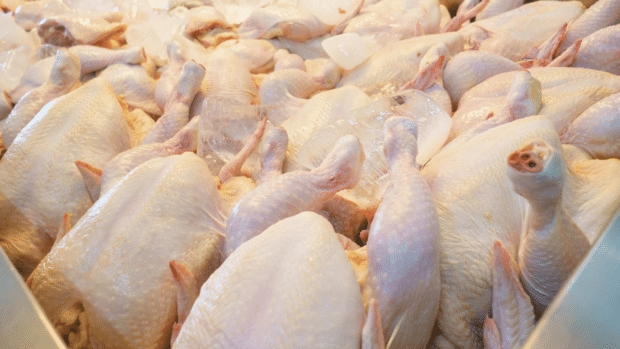Bank lending grew at its quickest pace in nearly two years in August as businesses regained their appetite for loans despite the still elevated interest rate environment.
Latest data from the Bangko Sentral ng Pilipinas (BSP) showed outstanding loans of big banks, excluding their lending with each other, grew 10.7 percent year-on-year in August to P12.25 trillion.
That increase was faster than the 10.4 percent annual growth recorded in July. This was also the briskest loan growth since December 2022.
Month-on-month, bank lending was flat at 0.8 percent.
Dissecting the report of the BSP, credit for businesses—which accounted for 85.5 percent of total outstanding loans of big banks—jumped by 9.4 percent in August to P10.47 trillion, better than the 8.8-percent growth in July.
Such an increase was driven by larger demand for loans from companies engaged in real estate (+13.2 percent), wholesale and retail trade (+10.7 percent), manufacturing (+9.8 percent), transportation and storage (+23.4 percent), and electricity and airconditioning supply (+7 percent).
Meanwhile, consumer loans posted a robust growth rate of 23.7 percent to P1.45 trillion in August, albeit slower than the 24.3-percent uptick in July. Figures showed growth in credit card lending, which holds the lion’s share of total household loans, eased to 27.4 percent from 28.2 percent before.
NPLs at new 2-year high
As it is, average loan growth so far this year stood at 10 percent despite the high interest rate environment that made it hard for some borrowers to pay their debts.
Data from the BSP showed nonperforming loans (NPL), or bank credit that are 90 days late on a payment and at risk of default, ate up 3.59 percent of local banks’ total lending portfolio in August, a fresh two-year high.
In peso terms, this means P512.7 billion out of the P14.3 trillion loan book of the entire local banking sector had turned sour in August.
To protect their balance sheet from potential defaults, banks set aside P482.5 billion of their capital as allowance for credit losses. This yielded an NPL coverage ratio of 94.11 percent.
Results of the BSP’s 2023 Banking Sector Survey showed 48.7 percent of banks expecting their NPL ratio to exceed 5 percent in the next couple of years, lower than the 52.4 percent that gave the same response in the previous poll round amid improving economic conditions.


